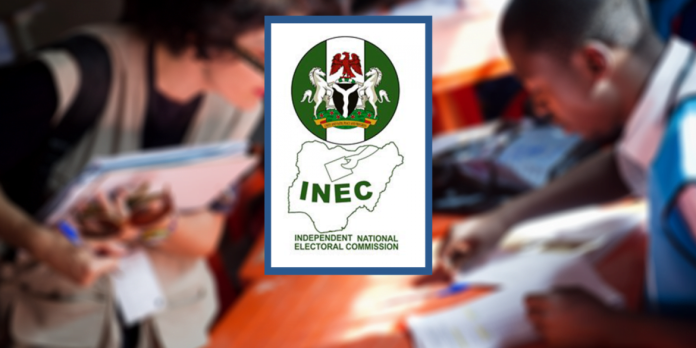THE Independent National Electoral Commission (INEC) has said it will collaborate with the Inter-Party Advisory Council (IPAC) and Advertising Regulatory Council (ARCON), to prosecute reports by political parties of denial of access to public facilities for campaigns.
INEC Chairman, Mahmood Yakubu stated this during the commission’s second quarterly meeting with political parties in Abuja.
He cautioned against prohibitive charges for outdoor advertisement and other acts constituting a violation of the law.
Yakubu noted that the campaign in public by political parties for the Anambra governorship commenced on June 11 and would end at midnight on Thursday, November 6, 24 hours before Election Day.
He said that the commission expected political parties to adhere to INEC regulations and guidelines for meetings, rallies and processions, which were already available on its website. “As campaign activities commenced in Anambra, I wish to draw attention to the perennial complaint, especially by the opposition parties about the denial of access to public facilities for electioneering activities.
“These include the state media, public buildings for meetings and open spaces for rallies and processions.
“In some cases, prohibitive amounts are charged for outdoor advertising. These actions are a violation of the Electoral Act 2022 which prohibits the use of incumbency to the advantage or disadvantage of any political party or candidate. “Going forward, the commission will work with the IPAC and intensify our collaboration with ARCON for a possible legal action in the face of prima facie evidence of the violation of the law,’’ he said.
In his remarks, the National Chairman of IPAC, Yusuf Dantalle, urged political parties and their candidates to imbibe issue-based campaigns for the Anambra governorship election.
Dantalle called on politicians and their supporters to eschew politics of bitterness that impedes the nation’s emerging democracy.
“The Anambra governorship poll provides yet another opportunity for INEC to demonstrate its capacity to conduct a credible election leveraging on effective application of its new technologies through centralised Artificial Intelligence (AI) governance.
“This will enhance decision-making through data-driven insights, risk management, voter engagement, predictive analytics, automation and intelligent safeguards.
“This will strengthen electoral credibility and integrity, as well as prevent glitches that could erode confidence in elections,’’ he said.
The IPAC chairman said that the council would consider adopting AI governance in parties’ membership drives, voter education and mobilisation for elections.
Dantalle, while commending improvements in the conduct of recent elections, said that the issue of low voter turnout was unacceptable and must be addressed.
He said that active citizens’ participation in the political process was essential for sustainable democracy and development. Dantalle, however, commended the leadership of INEC and the federal government for initiating the construction of the new headquarters annexe building for the commission.
He described the move as a giant step forward in solving the electoral umpire’s long-standing space issue, thus creating an enabling environment for the commission to discharge its statutory mandate.
“As the platform that produces all elected public office holders, IPAC is unwavering in its commitment to fostering electoral integrity, and political stability and inspires trust in the electoral governance,’’ he said.


